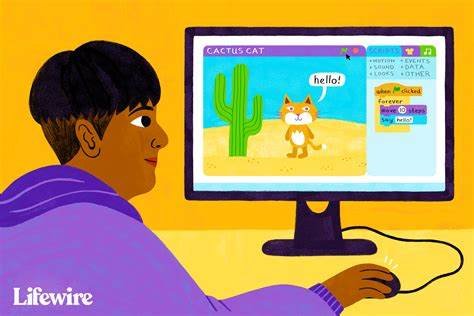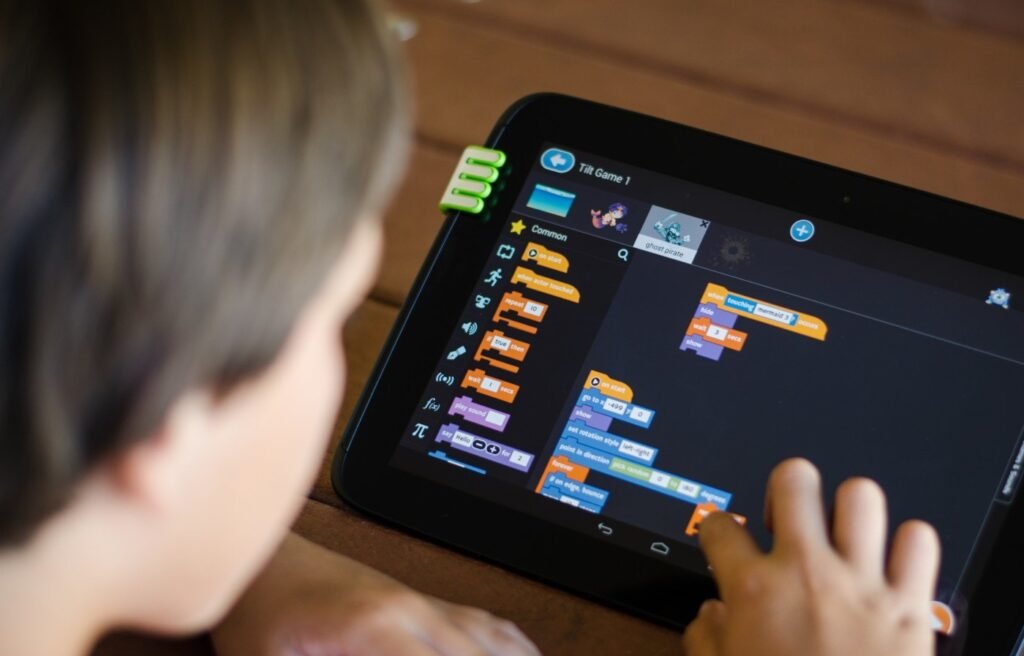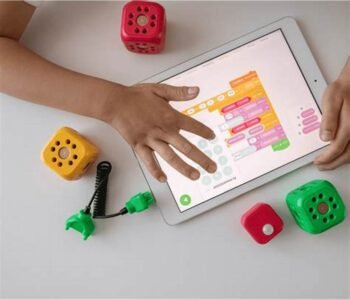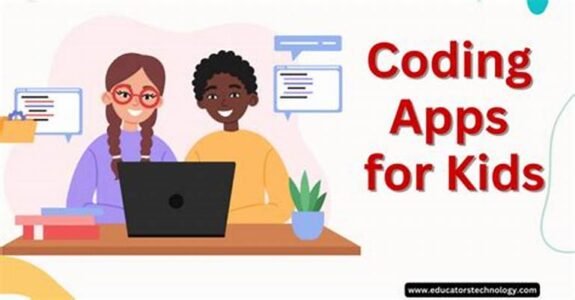Introduction
Learning to code at a young age can be a game-changer for kids. It helps them develop problem-solving skills, creativity, and logical thinking. Free coding for kids provides an excellent opportunity to explore the world of technology without financial barriers. With the right resources and platforms, children can start their coding journey with ease and confidence.
Many websites and apps offer free coding lessons tailored specifically for young learners. These platforms provide:
Table of Contents
- Interactive lessons
- Fun games
- Engaging projects
Whether it’s learning basic programming concepts or creating simple games, coding can be a rewarding and valuable skill for the future.

Why Coding is Important for Kids
Coding is not just about writing lines of code; it teaches essential life skills. Some of the key benefits include:
- Enhances Problem-Solving Skills: Kids learn how to break down complex problems into smaller parts and solve them logically.
- Boosts Creativity: Coding encourages kids to think creatively and come up with unique solutions.
- Improves Logical Thinking: Writing code helps children develop a structured way of thinking.
- Prepares for the Future: Coding skills are highly valuable in many careers, from engineering to business.
- Encourages Persistence: Debugging and troubleshooting teach patience and perseverance.
Understanding these benefits can motivate children to engage with coding and see it as a fun challenge rather than a difficult subject.

Best Free Coding Platforms for Kids
Finding the right platform is crucial for an enjoyable coding experience. Here are some of the best free coding platforms for kids:
- Scratch:
- A block-based programming language that allows kids to create animations, games, and stories.
- Offers a drag-and-drop interface, making it easy for beginners.
- Encourages collaboration and sharing of projects.
- Code.org:
- Provides structured lessons in game design, animations, and website creation.
- Offers coding activities featuring popular characters from movies and games.
- Great for beginners and intermediate learners.
- Tynker:
- Offers free introductory courses in block coding.
- Interactive coding challenges and engaging puzzles.
- Step-by-step tutorials to guide young learners.
- Khan Academy:
- Covers a wide range of topics including JavaScript and HTML.
- Interactive coding exercises and video tutorials.
- Encourages kids to create real-world projects.
- Blockly:
- A visual programming tool designed to introduce coding concepts.
- Drag-and-drop functionality simplifies learning.
- Helps build logical thinking and problem-solving skills.

How to Encourage Kids to Start Coding
Getting kids interested in coding requires an encouraging approach. Here are some effective ways to motivate them:
- Start with Games: Interactive coding games make learning enjoyable and less intimidating.
- Make it a Family Activity: Learning together can make coding more exciting.
- Celebrate Small Wins: Recognizing progress, no matter how small, keeps kids motivated.
- Explore Different Coding Languages: Let kids experiment with different programming languages like Python, JavaScript, and HTML.
- Provide Hands-On Experience: Encourage kids to create their own projects, such as simple animations or basic websites.
Encouraging curiosity and creativity can make coding a lifelong interest for children.

Simple Coding Projects for Beginners
Starting with simple projects can help kids build confidence and skills. Some easy projects include:
- Creating an Animated Story: Using Scratch to bring characters to life.
- Designing a Simple Website: Using basic HTML and CSS to create a personal webpage.
- Building a Basic Game: Programming a simple game like “Catch the Fruit” with Code.org.
- Making a Virtual Greeting Card: Using block coding to create a personalized message.
- Designing a Maze Challenge: Encouraging logical thinking through maze-solving games.
These projects provide a sense of accomplishment and reinforce coding concepts in a fun way.
Common Challenges Kids Face When Learning to Code
While coding is fun, kids may face some challenges during their learning journey, such as:
- Understanding Concepts: Some programming concepts may be difficult to grasp at first.
- Losing Interest: Without engaging content, kids may find coding boring.
- Debugging Frustrations: Fixing errors can be challenging and discouraging.
- Lack of Resources: Finding the right learning materials may take time.
- Time Management: Balancing coding with other activities can be difficult.
Overcoming these challenges requires patience, encouragement, and access to the right resources.

Conclusion: A Bright Future with Coding
Coding for kids opens up a world of possibilities, from game development to app creation. Starting with free resources allows children to explore their potential without financial constraints. Encouraging children to learn coding not only equips them with valuable skills but also fosters creativity, critical thinking, and confidence. Get started today with the best free coding platforms and help children embark on a fun and rewarding coding adventure!
FAQs
What is the best age for kids to start coding?
Children as young as 5 years old can start learning coding concepts through simple block-based programs.
Are free coding platforms effective for kids?
Yes, free coding platforms provide structured lessons and fun activities that make learning effective and enjoyable.
What programming languages are best for beginners?
Block-based programming like Scratch is ideal for beginners, while older kids can explore Python and JavaScript.
How much time should kids spend on coding daily?
Starting with 20-30 minutes a day can help kids develop coding skills without feeling overwhelmed.
Can coding help improve academic performance?
Yes, coding enhances logical thinking and problem-solving skills, which can improve performance in subjects like math and science.

